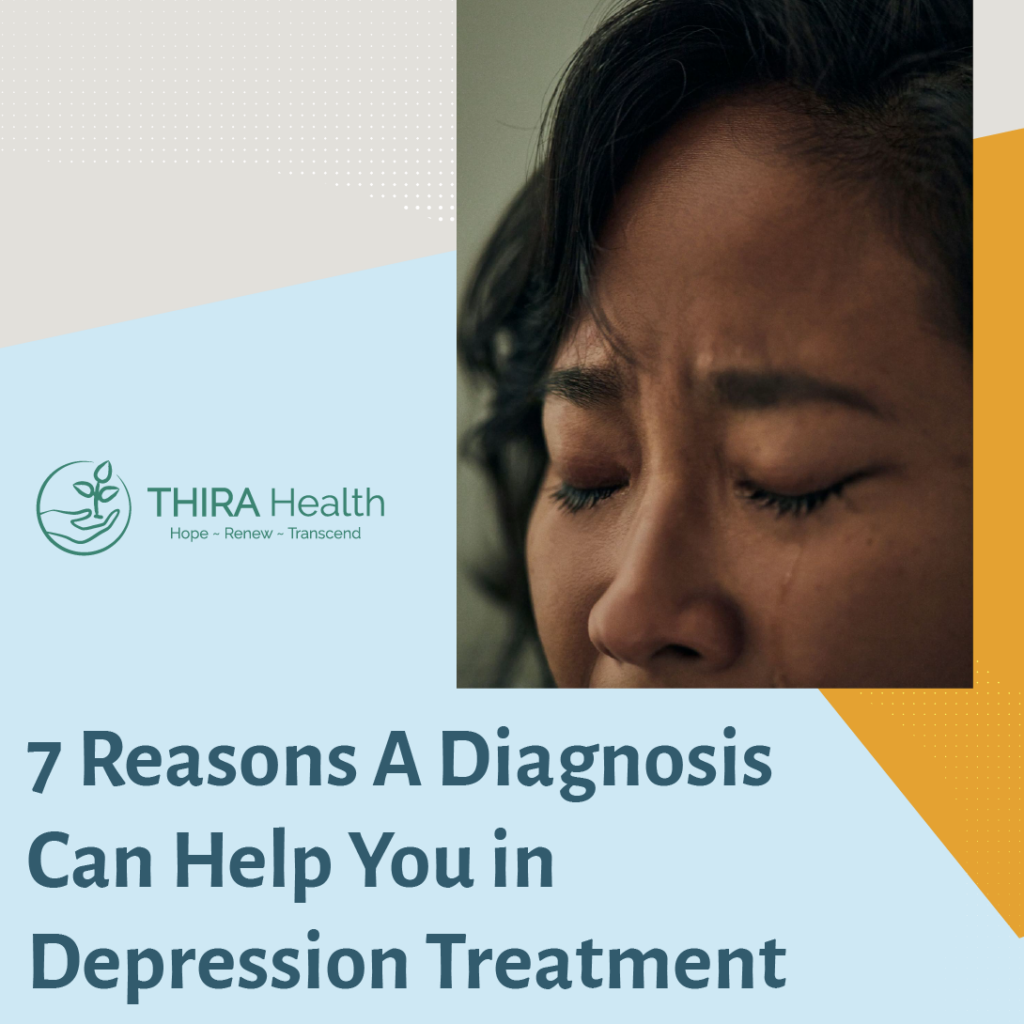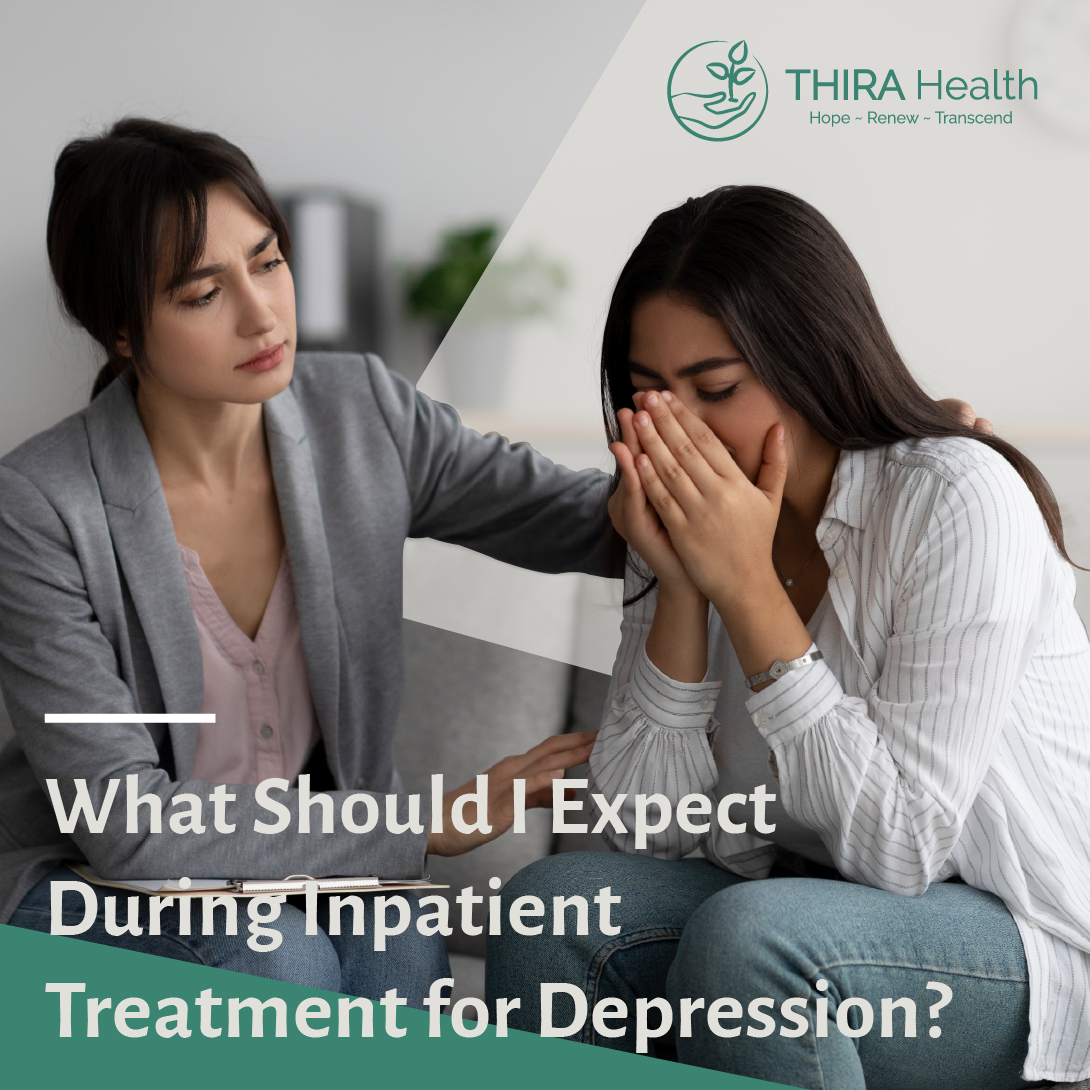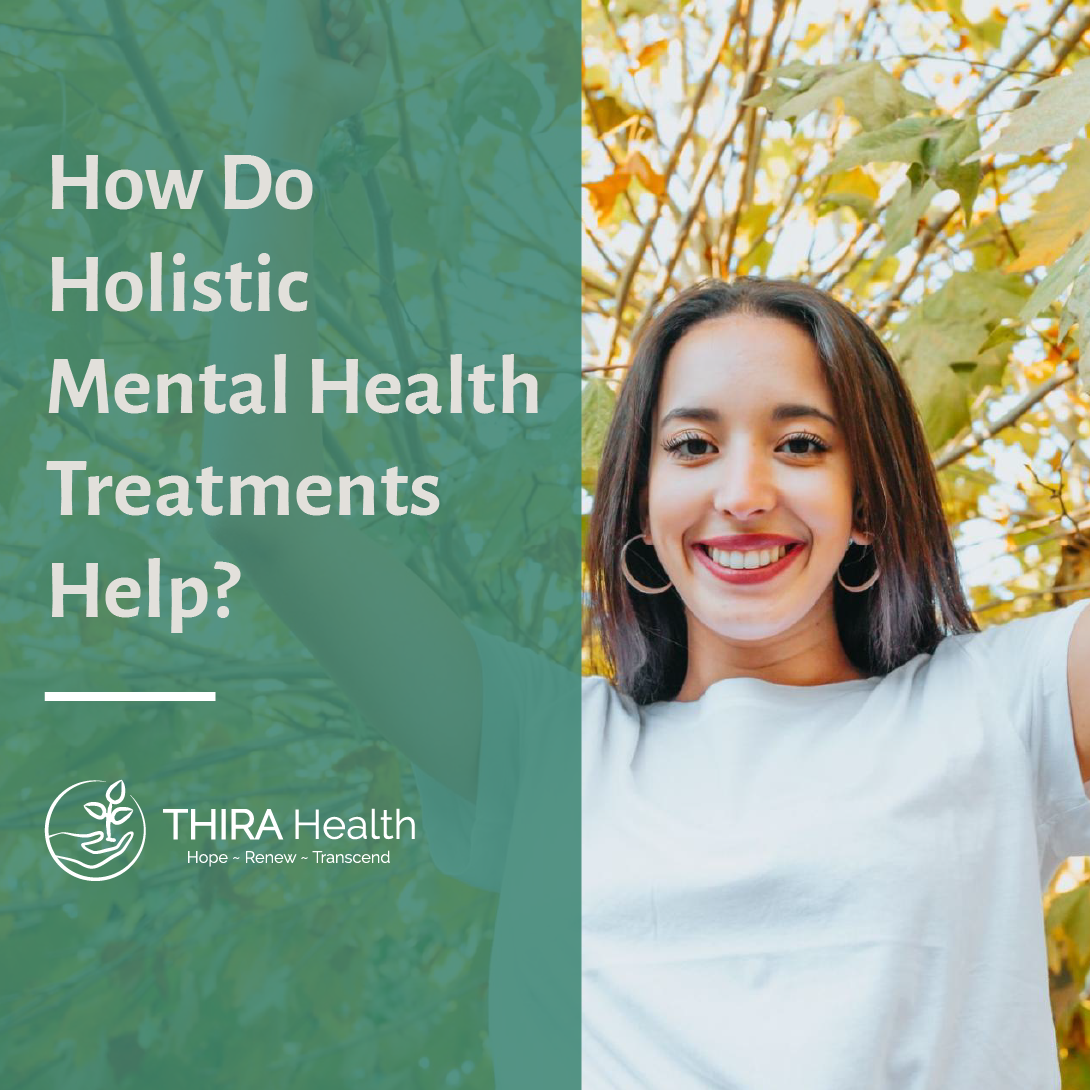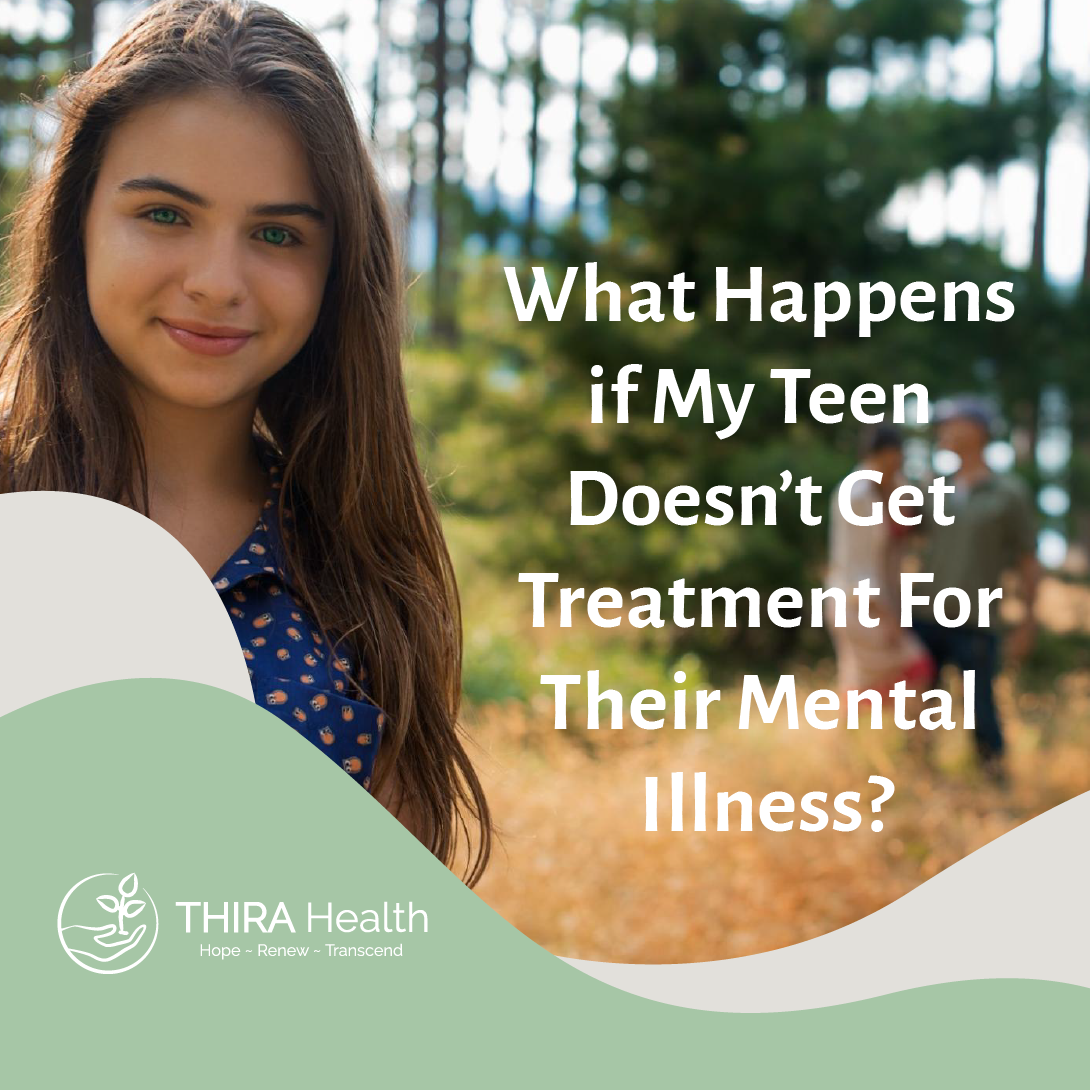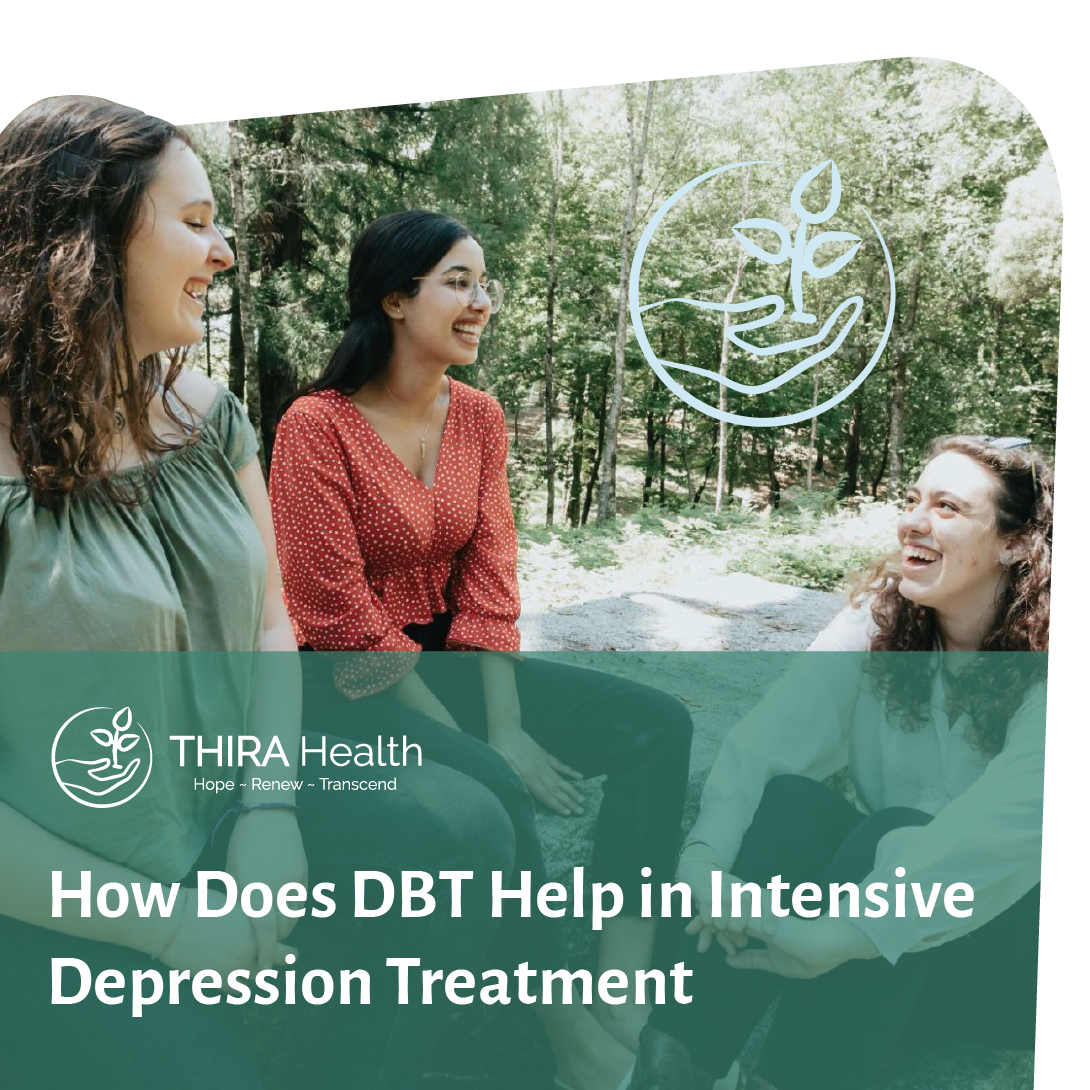You’re sleeping all the time, very low energy, and pretty much nothing seems to hold your attention these days. You’re pretty sure you know what’s wrong, but have you found yourself wondering if it’s worth seeking a formal diagnosis for depression? We know the idea of receiving a diagnosis can be intimidating; it can feel final and absolute, and you might worry you’ll be limited, or impacted in your career if you receive a diagnosis. But this is exactly what you need.
When you’re experiencing depression, receiving depression treatment can change your life for the better, and receiving a formal diagnosis is the first step toward treatment. We’ve gathered 7 reasons here to demonstrate how a diagnosis can help you in depression treatment, with the hope that you’ll see how a depression diagnosis can empower you with greater agency when it comes to your mental health.
A diagnosis of depression can be validating
You know you’ve been experiencing symptoms of something, but depression isn’t like chickenpox or a broken leg. It isn’t a visible illness, and you may have felt shame or fear as you struggle with symptoms like hopelessness, insomnia, overeating, or loss of motivation.
When you seek and receive a diagnosis of depression from a mental health professional, you will have a professional confirmation of your experiences. What you’re going through is real, difficult, and not your fault. You aren’t flawed. You’re struggling with an illness. A diagnosis can help you feel seen and justified, and it helps you make sense of what you’ve been going through.
Depression treatment can start faster with a diagnosis
It’s easy to say to yourself “everyone feels down sometimes, right?”. You may even wonder if this is just the way you are. Is there even a point in trying to change? All of these are common thoughts for people who are dealing with depression. These thoughts can delay treatment, preventing you from working toward wellness.
Seeking a thorough mental health evaluation that leads to a diagnosis can help you start looking for mental health treatment options in Washington much more quickly than you might without a diagnosis. The sooner you’re able to start depression treatment, the sooner you’ll start to feel relief from current symptoms and prevent your depression symptoms from getting worse.
A depression diagnosis can help you feel less alone
Long-term depression can lead to very difficult symptoms that impact all parts of your life, and you may sometimes feel like you’re the only one experiencing these hardships. You might worry there’s something wrong with you that nobody else has ever struggled with. But a diagnosis can help you see that you’re not alone in this. You’re one of many, many people diagnosed each year with depression. You are experiencing something many people do, and you’re also going to be able to get help, just like many people before you have.
If your depression treatment incorporates group therapy—such as a holistic program that uses dialectical behavior therapy (DBT), as well as practices like art therapy and mindfulness exercises—you’ll connect with people who understand you as you work together on skills to overcome your symptoms. In group therapy, you’ll expand your ability to understand yourself as you connect with others.
A depression diagnosis can save your life
Unfortunately, depression can lead to a level of hopelessness that leads to suicidal ideation. Around 31% of depression patients report that they’ve experienced suicidal thoughts and around 12% report they’ve experienced suicidal thoughts with intent.
Even without suicidal ideation, undiagnosed and untreated depression can lead you to neglect your health, which can significantly reduce your quality of life. A diagnosis can get you started on a treatment path that gives you hope and helps you dig yourself out of the hopelessness depression can bring into your life.
A diagnosis provides clues for possible co-occurring conditions
Depression often co-occurs with other mental health conditions, including anxiety disorders, OCD, and eating disorders. Having a depression diagnosis can help you pinpoint other causes for symptoms you experience, which can then lead you to a treatment plan that helps heal all of you.
A diagnosis of depression can guide decisions on levels of care
Residential treatment as a starting point
Depending on the intensity of your depression symptoms, the best treatment choice may be a residential mental health treatment program. The robust team of medical professionals that are there to help you with therapy, medication management, and nutrition, along with a space and community of fellow patients that lets you focus entirely on your healing, residential treatment can be a great way to jump-start depression treatment.
Intensive outpatient vs. partial hospitalization programs
If your symptoms are not severe enough to warrant attending a residential program, you may be guided to a partial hospitalization program (PHP) or an intensive outpatient program (IOP). An IOP helps you as you attend therapy multiple days a week to develop healthy coping skills and introspection to dig into the roots of your depression.
A PHP offers care in between the intensity of IOPs and residential programs. In a PHP, you spend a full day at a depression treatment program that has a higher level of support than an IOP, but you are able to go home each night, so you balance investment in the program with time in your own space.
A depression diagnosis guides you to Dialectical Behavior Therapy
Dialectical behavior therapy (DBT) based programs, like the depression treatment program at THIRA Health in Seattle’s Bellevue neighborhood, are designed to support you as you work on skills in mindfulness, emotional regulation, distress tolerance, and interpersonal effectiveness. You’ll receive individual therapy and work in group therapy as well, giving you a safe space to make changes in your life while connecting with people who understand what you’ve experienced with depression and a team of incredibly supportive clinicians.
As you consider all the mental health treatment options in Washington, consider that the invaluable skills you learn in a DBT depression treatment program can help you lead yourself out of the dark difficulties of depression and on to a life that feels lighter and calmer—a life worth living.
